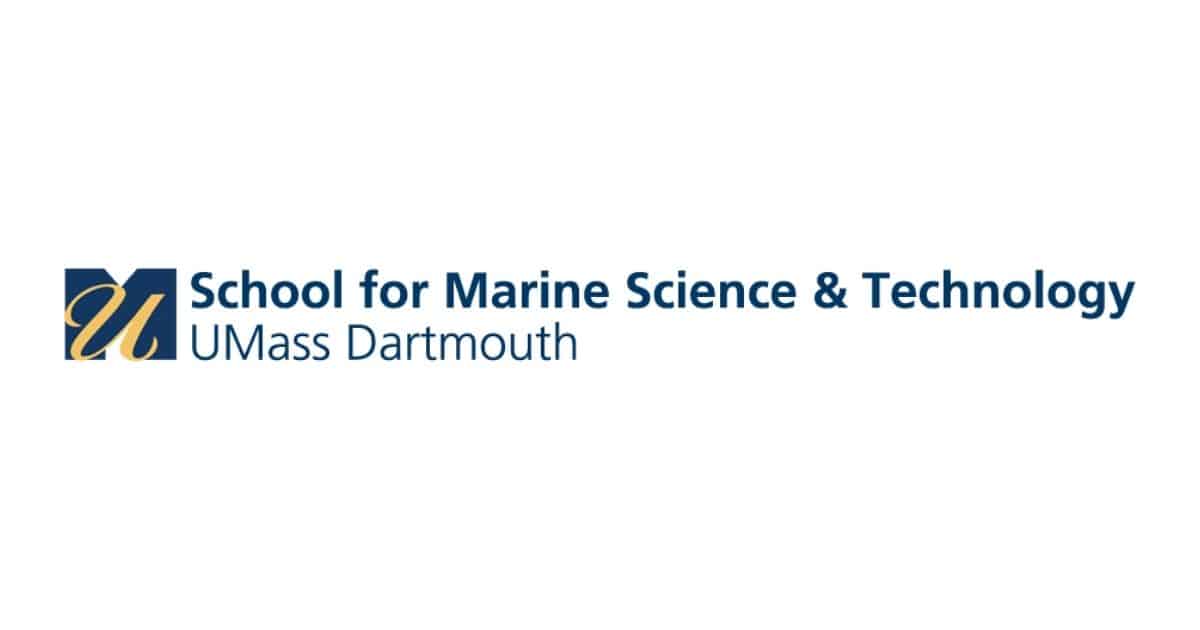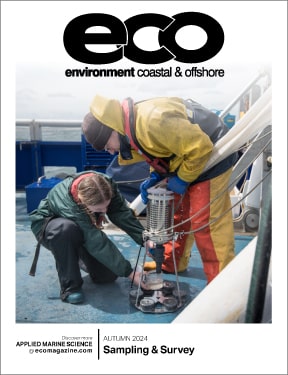Specific project areas include field and/or modeling studies of turbulence and optical properties in the marine atmospheric boundary layer, numerical simulations of turbulent wakes generated from towed and self-propelled bodies, and studies of the ocean internal wave field and its impact on ocean mixing. The ideal candidate will have significant education/experience in physics and/or applied mathematics, with additional experience in numerical modeling preferred.
Qualifications
A minimum of a Bachelors degree in oceanography, physics, applied mathematics, engineering or closely related field is required. Applicants should have significant background in physical and/or earth sciences with strong mathematical and computer skills. At least one position is available immediately, with full-time enrollment beginning no later than Fall 2021 expected. Review of applications is ongoing and will continue until positions are filled. Depending on level of qualifications, successful applicants may be eligible for financial support in the form of tuition and/or fee waivers, teaching and/or research assistantships, and/or stipend.
More information about our programs is available here.
To apply, please review our general admissions requirements and follow the application instructions here.
NOTE: APPLICANTS MUST COMPLETE A FULL APPLICATION TO OUR GRADUATE PROGRAM TO BE CONSIDERED – INCOMPLETE APPLICATIONS WILL NOT BE REVIEWED!!
Application deadline: June 30, 2021
Location: New Bedford, Massachusetts
For more information please contact:
Dr. Miles A. Sundermeyer
Email: msundermeyer@umassd.edu
Subject: Graduate Research Assistant in Ocean Mixing and Stirring

